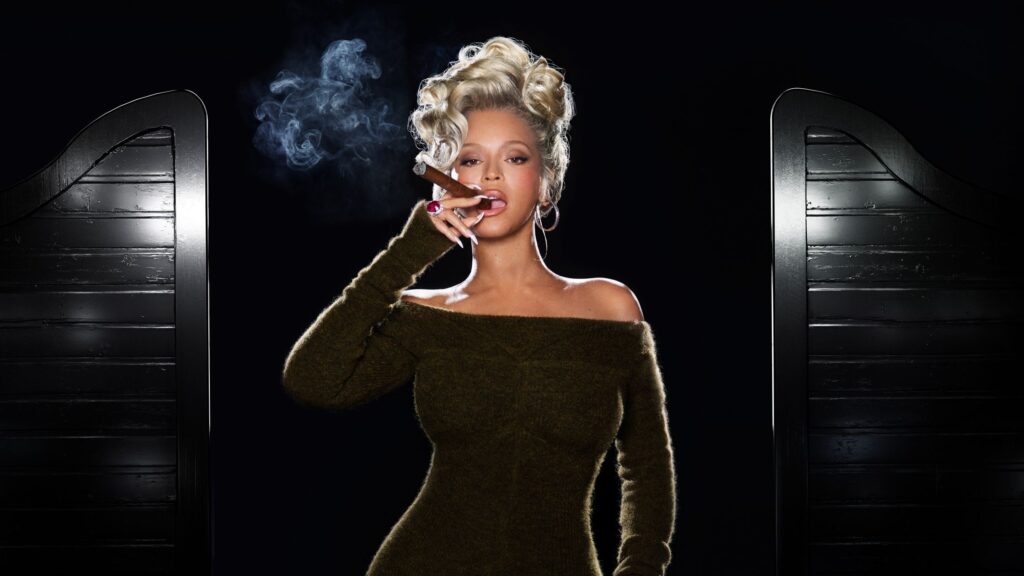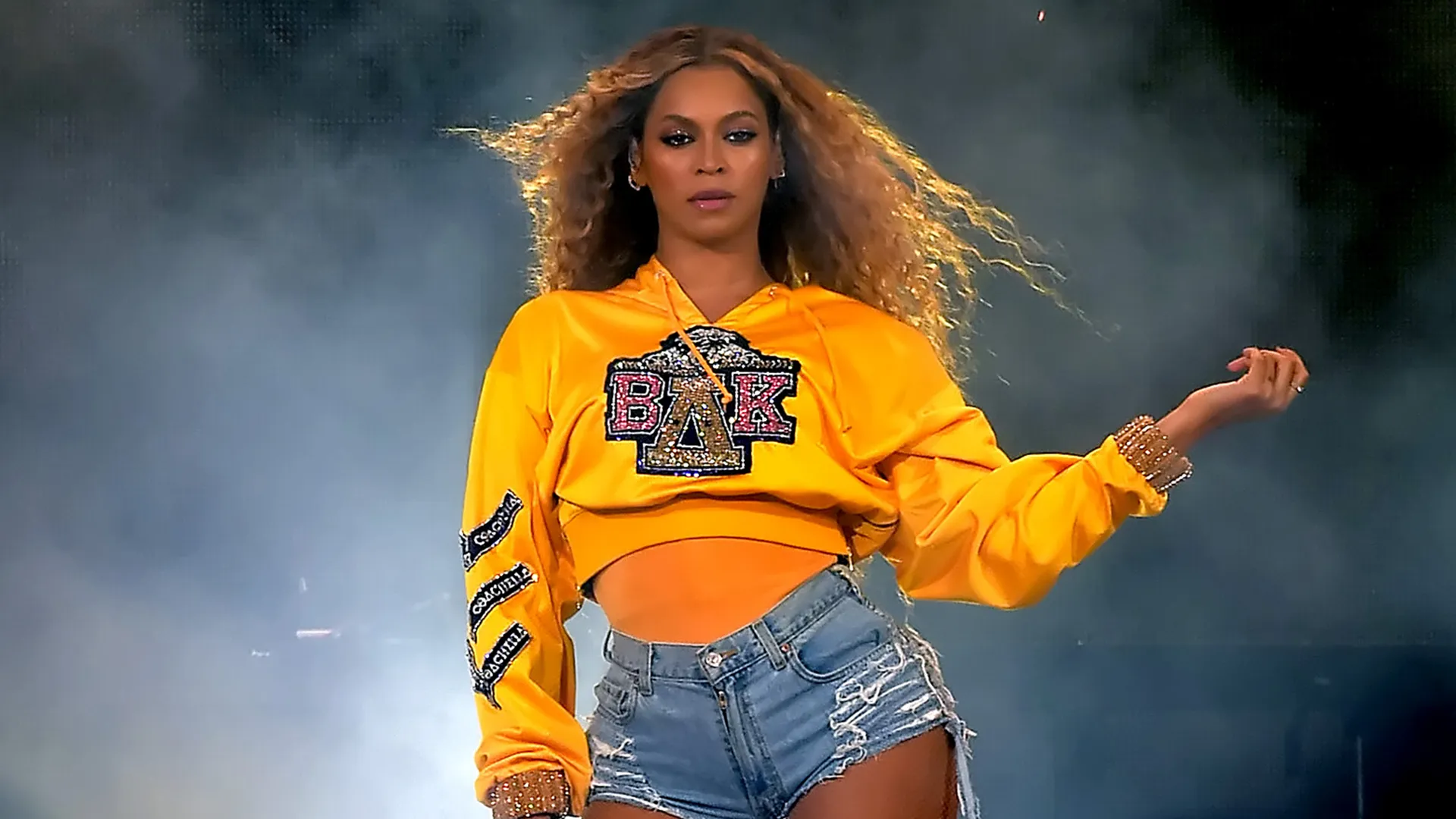Introduction to Beyonce GQ
Beyonce Knowles-Carter, the multifaceted powerhouse of music, fashion, and cultural influence, has long been a beacon of excellence and empowerment. Over the years, she has seamlessly transitioned from the lead singer of Destiny’s Child to a solo artist with global reach and an icon whose image is synonymous with strength, femininity, and artistic perfection. Her 2013 GQ cover, in particular, marked a pivotal moment in her career—a visual and editorial turning point that reflected her transformation into a woman fully in control of her brand, her artistry, and her voice.
Beyonce GQ appearance, exploring how the feature not only redefined the traditional celebrity magazine profile but also showcased Beyoncé’s evolving relationship with power, identity, and public perception.
The GQ Cover That Changed the Narrative
When Beyoncé graced the cover of GQ’s February 2013 issue, it was more than just a photoshoot—it was a bold declaration of intent. Photographed by Terry Richardson, the images portrayed Beyoncé in high-waisted panties and a cropped T-shirt emblazoned with the word “#1.” The shoot was confident, sexy, and self-possessed. It quickly went viral, and not without controversy. While some criticized the overt sexuality of the images, others applauded Beyoncé for embracing her sensuality on her own terms.
The accompanying article, written by Amy Wallace, painted a portrait of a woman at the peak of her career but still hungry for more. Beyonce GQ revealed aspects of her creative process, including her detailed journals and archival approach to her own performances, which proved that her excellence was no accident—it was engineered through meticulous work.
What made the GQ feature revolutionary was the combination of visual audacity and intellectual depth. Beyoncé wasn’t just a pop star; she was an auteur, a curator of her legacy. The article confirmed what many fans already suspected: Beyoncé wasn’t just playing the game—she was rewriting the rules.
The Feminist Undertone
At the heart of the GQ piece was an undercurrent of feminism—though Beyonce GQ would not explicitly identify herself as a feminist until a year later, during her 2014 MTV Video Music Awards performance. In the GQ interview, she spoke about the pressures of balancing her personal life and professional career, particularly as a new mother to Blue Ivy. Her reflections were personal but universal, resonating with millions of women navigating similar challenges.
She also discussed her desire to be viewed as a “modern-day feminist,” albeit in her own way. Beyoncé was claiming a space in the ongoing conversation about gender and power—one where women could be sexy, powerful, and in charge of their destinies. She acknowledged that she wanted her legacy to be about more than just music; she wanted to inspire change and serve as a role model.
The GQ feature helped propel her into the realm of feminist iconography. It foreshadowed her later work, including the critically acclaimed Lemonade visual album, which would delve deeply into themes of betrayal, resilience, race, and black womanhood.
The Power of Control

One of the most compelling revelations in the Beyonce GQ article was Beyoncé’s obsession with documentation. She reportedly had a digital archive room in her house, where she stored recordings of every interview, performance, and rehearsal. This detail highlighted not only her perfectionism but also her desire to control her narrative in a media landscape that often commodifies and distorts the image of female celebrities.
In an industry notorious for its exploitation of talent—especially black women—Beyoncé’s approach was radical. She became her own archivist, her own manager, her own creative director. By curating her image so meticulously, she subverted the traditional media power structure.
This strategy became increasingly apparent in the years following the GQ feature. In December 2013, Beyonce GQ shocked the world by dropping her self-titled visual album with no prior promotion. It was a revolutionary marketing move, signaling her complete independence from the traditional album cycle. From that moment on, Beyoncé was not just an artist—she was a movement.
Cultural Reverberations
Beyonce GQ appearance in GQ did more than just make headlines; it sparked a broader conversation about the intersection of pop culture, gender, and agency. Her ability to maintain a private life while controlling a hyper-visible public persona is part of what makes her so intriguing. In a world saturated with oversharing, Beyoncé is the exception—an enigma who reveals only what she chooses, when she chooses.
The GQ feature also played a role in redefining what it meant to be a modern icon. Beyonce GQ wasn’t interested in being America’s sweetheart or conforming to traditional standards of celebrity decorum. She was unapologetic, strategic, and fiercely independent. These qualities endeared her to a new generation of fans, especially women of color, who saw in her a reflection of their own aspirations.
Moreover, the imagery from the shoot challenged conventional beauty standards. Beyoncé’s curves, her brown skin, her powerful presence—all were front and center. She wasn’t conforming to a Eurocentric ideal of beauty; she was asserting a new one.
Beyond the Pages Legacy and Evolution
Looking back, it’s clear that the GQ feature was a crucial chapter in Beyonce GQ ever-evolving narrative. It served as a launchpad for her rebranding—from a global superstar to a cultural institution. Every move she has made since then—whether it’s headlining Coachella with an HBCU-inspired performance or releasing Black Is King—has built on the themes first crystallized in that 2013 magazine spread: control, empowerment, legacy.
Her career since the GQ feature has been defined by a commitment to artistry and social commentary. With albums like Lemonade, Renaissance, and her work with The Carters, Beyoncé has solidified her place not just in music, but in the cultural history of the 21st century.
Conclusion More Than a Cover
Beyonce GQ cover was more than a provocative photoshoot or a media event—it was a cultural reset. It showed the world that Beyoncé was no longer content with being merely a pop star. She was claiming her space as a feminist, a businesswoman, a mother, and a cultural architect.
In many ways, the GQ article marked the moment Beyonce GQ stopped being defined by the world and started defining the world herself. Through strategic vulnerability, aesthetic boldness, and intellectual clarity, she used the platform not just to showcase her body, but to unveil her mind, her ethos, and her vision.
A decade later, it remains a defining moment in her storied career—a turning point when she took full command of her narrative and began shaping the cultural zeitgeist with the precision of a master. Beyoncé’s GQ moment was not a detour but a declaration: she was here, in charge, and unstoppable.
You Many Also Read: Double Dyed Coke Piercing



